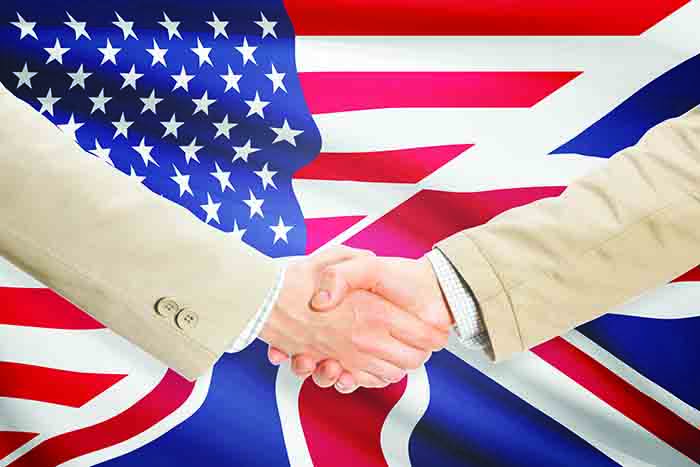New research by Which? has found that that consumers remain against lower standard food, despite Government suggestion of a new labelling system will allow them to ‘make meaningful choices about what they eat’.
The UK’s basic food standard are currently under threat by a UK-US trade deal which could see hormone-treated beef, pigs and chlorinated chicken – both currently banned in the UK – be imported or produced here. The Government has backtracked on its initial promises to ban sale of food produced using these treatments, with Cabinet Office Minister Penny Mourdant telling concerned MPs ‘we should be trusting the consumer’ over food standards.
The suggestion is that new labelling would be used to inform consumers about production methods or the origin of ingredients, rather than simply banning products that don’t meet current UK standards.
The new Which? research shows that three fifths of people say food produced to lower standards should not be on sale regardless of labelling, and two-thirds expressing concern about lower-quality food being sold in schools and hospitals, as well as in the food service industry where consumers would not necessarily be able to see where the food they are eating has come from.
A survey from Which? in June of this year showed strong opposition to a lowering of food standards, with 74% saying food produced in countries with lower standards shouldn’t be available in the UK.
Which? has urged that the Government commit to upholding our food standards and enshrine this in law through the Agriculture Bill or Trade Bill. and that the Government signal to all future trading partners that the UK is seeking to champion high-quality and high standards food around the globe, and not accept any deals that would weaken them.




